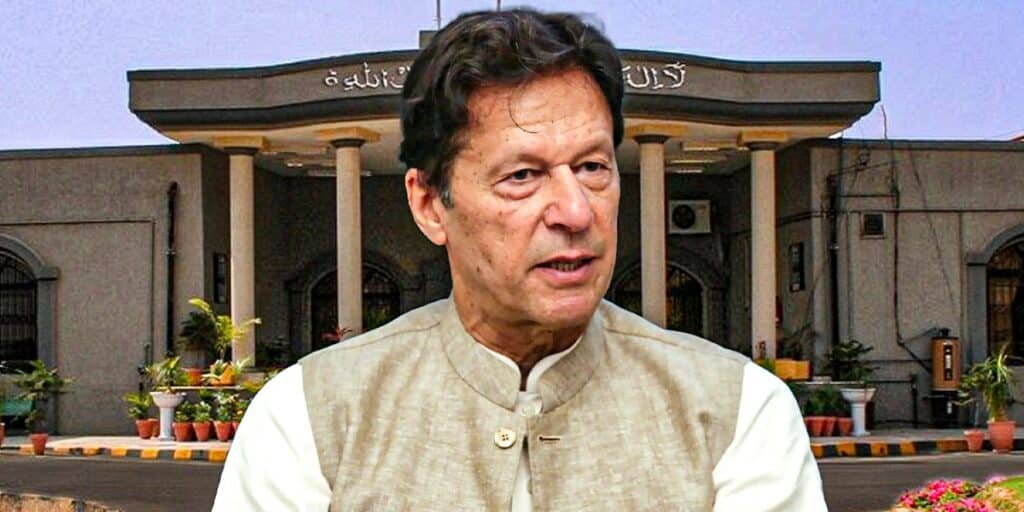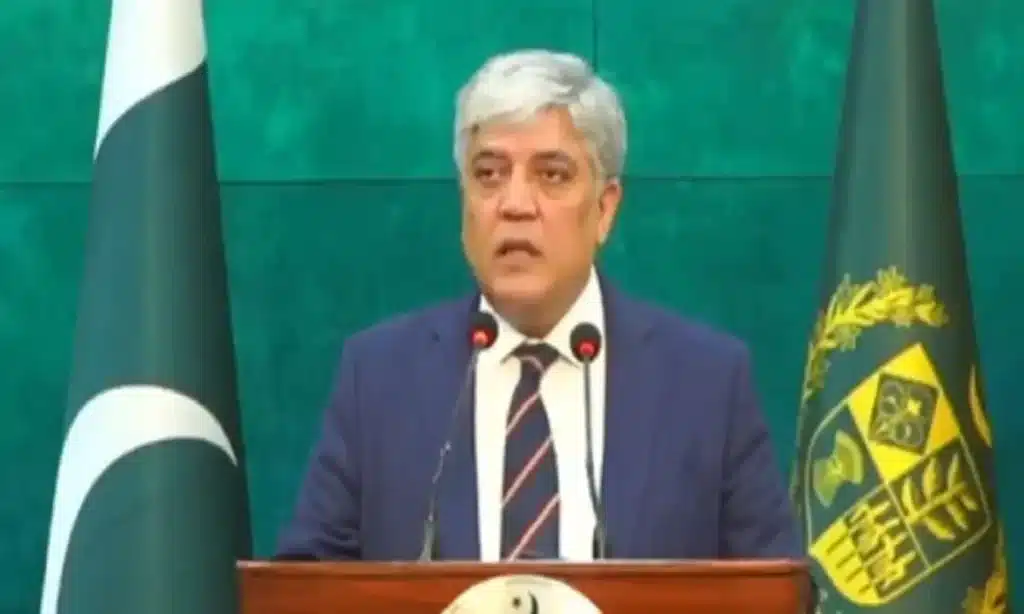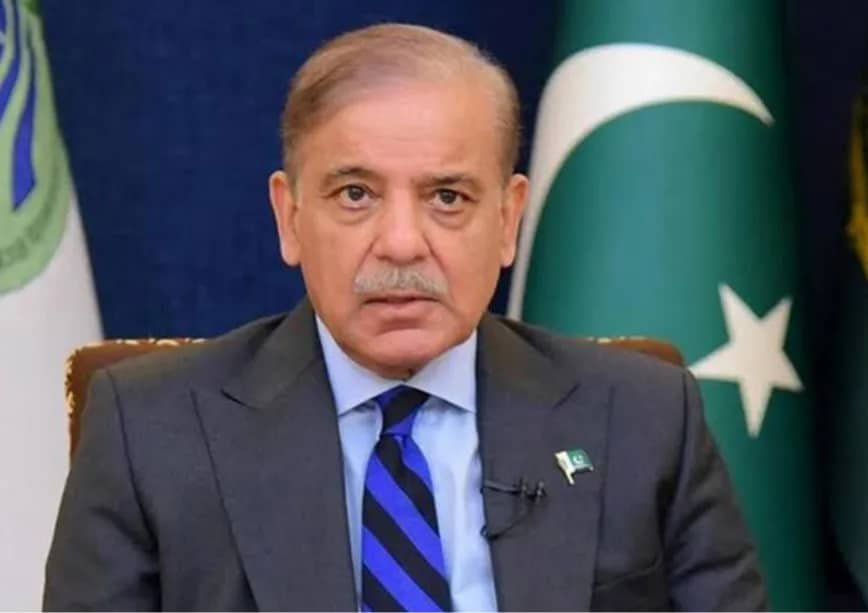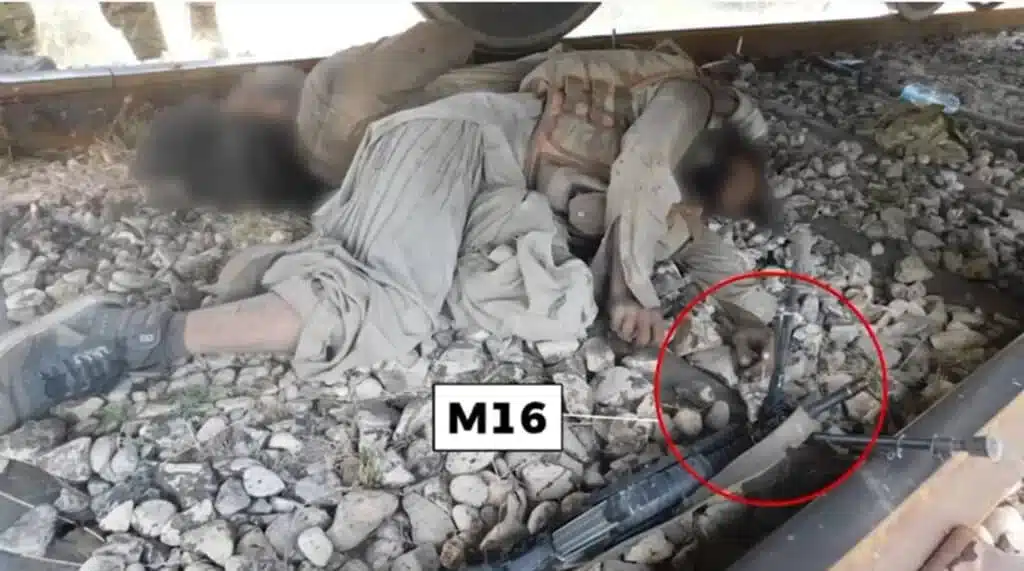ISLAMABAD: Pakistan recorded its highest number of militant attacks during Ramadan in a decade, a think tank reported Monday.
The Pak Institute for Peace Studies reported 84 attacks during Ramadan, which ended Sunday. Last year, it recorded 26 attacks in the same period.
The Pakistani Taliban ended a ceasefire with the government in November 2022. The Baloch Liberation Army (BLA) has also expanded its attack capabilities. Both groups have fuelled rising violence.
On March 11, the BLA hijacked a train in Balochistan, killing at least 25 people. In response, the Pakistan Army conducted counter-terrorism operation and rescued at least 346 hostages and killed all 33 terrorists.
Another think tank, the Pakistan Institute for Conflict and Security Studies, reported 61 attacks in the first three weeks of Ramadan. Last year, it recorded 60 attacks during the entire month.
This Ramadan was also the deadliest for security personnel in a decade. Between March 2 and March 20, militants killed 56 security officers.
Abdullah Khan, managing director of the Pakistan Institute for Conflict and Security Studies, linked the violence to increased militant coordination.
“There has been a unification of different groups,” Khan said. “Baloch factions are joining hands. In some areas (of the northwest), the Hafiz Gul Bahadur faction is more lethal than the Pakistani Taliban, it is competing with them,” Arab News quoted Abdullah Khan as saying.
He also noted a revival of banned outfits like Lashkar-e-Islam, which operates in Khyber Pakhtunkhwa.
Pakistan blames Afghanistan’s Taliban government for sheltering militants. Officials say these groups have grown stronger since the Taliban took power in 2021. Kabul denies the accusations.
Also Read: PTI, govt exchange blame over escalating militancy
Khan also criticized intelligence failures, including lapses that led to the Balochistan train hijack. He warned that the growing distrust between the state and the people weakens security.
“It’s crucial to regain public support,” he said. “The public is the first line of defense.”





